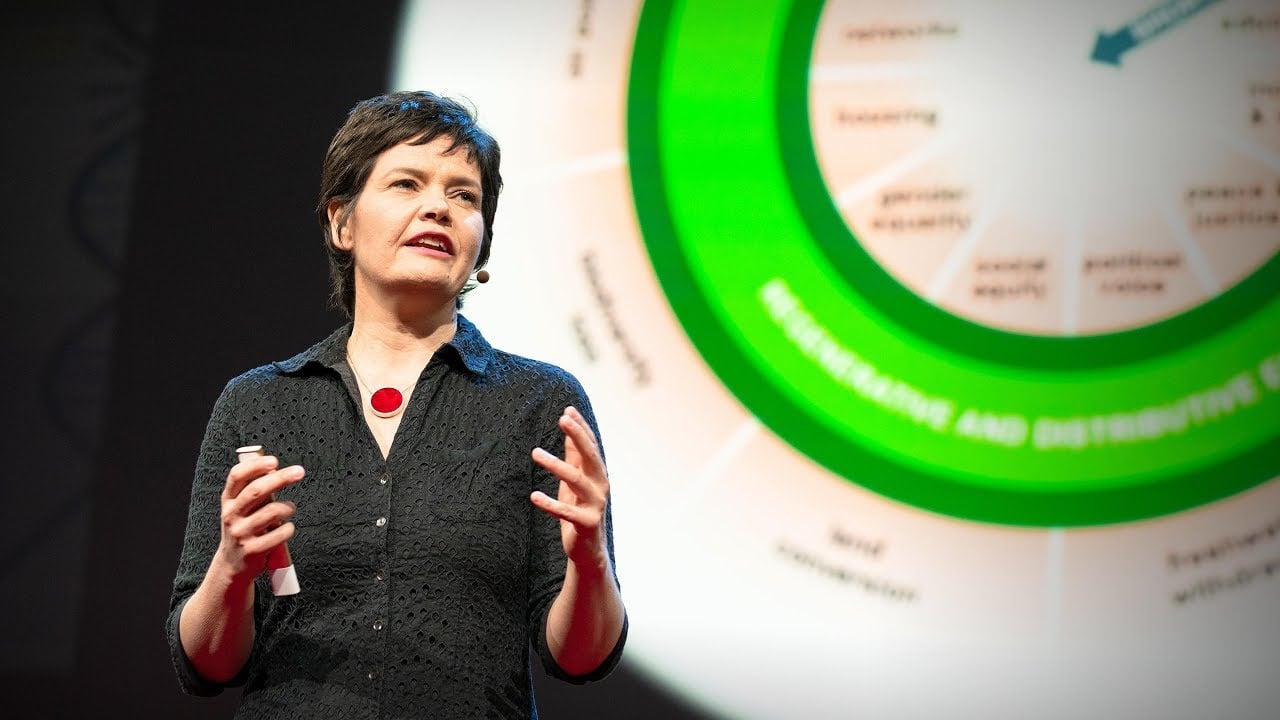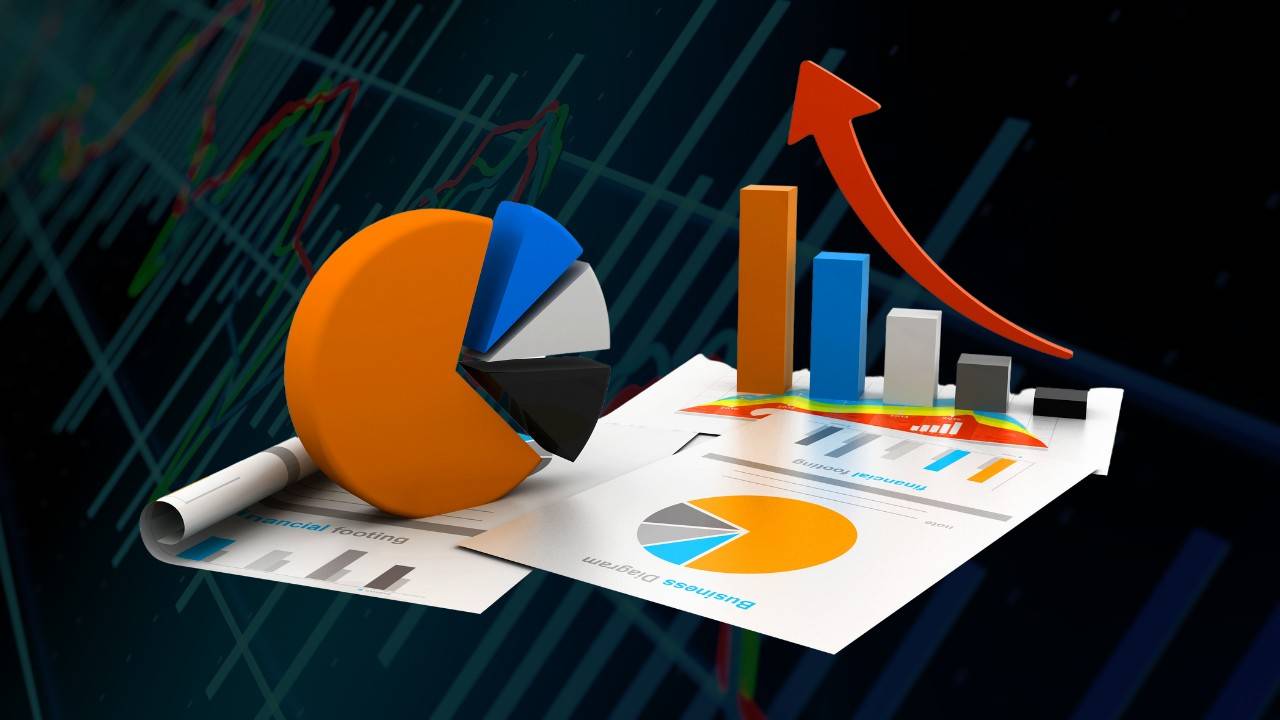Twentieth-century economics has explained that transactions from families to companies and vice versa are the basis for the economic system. Then, it has also determined how markets autoregulate, how subjects are rational, and how choices do not alter through time.
These are the basic concepts taught to future economists when analyzing macroeconomics. Certainly, it can be recognized that most of these characteristics come from classic and neoliberal perspectives of economic management. And, consequently, it would be fundamental to acknowledge how these views do not represent current struggles, such as the real cost of responsible labor and eco-friendly production practices.
All these issues require 21st-century lenses for their analysis, a perspective that Kate Raworth has adopted in her 2017 book Doughnut Economics. Her proposals offer answers for how to change economic assumptions in order to make every goal a part of sustainability.
But what is doughnut economics?
First of all, doughnut economics is the idea that the economy is intricated in a socio-environmental context. It recognizes that transactions and rational thought are essential. However, these characteristics can only occur within climate conditions, individual struggles, and socio-political relations between countries.
Therefore, environmental issues are not simple externalities, but they represent the “ecological ceiling” in which the economy works. Repercussions in the environment should always be taken into account during production, prices should reflect the environmental impact and costs, inputs should come from circular processes, and end-of-life activities should deal with relocating or managing the correct disposal of each material in a product.
If the environment marks the limit of production, society determines the start. The economy should satisfy all basic rights of human beings, including sufficient energy, food, water, adequate housing, and adequate health treatments.
Focusing on the spread of these characteristics allows us to shorten the gap between both extremes of socioeconomic status, which, in partnership with respecting environmental limits, generate a perfect “safe and just space for humanity.”
As a result, from both perspectives, it can be concluded that doughnut economics is a new model which prioritizes sustainability over growth and can be a solution to shaping the path towards a sustainable planet.
Kate Raworth talks about all these in her TED talk. You can watch it below.



